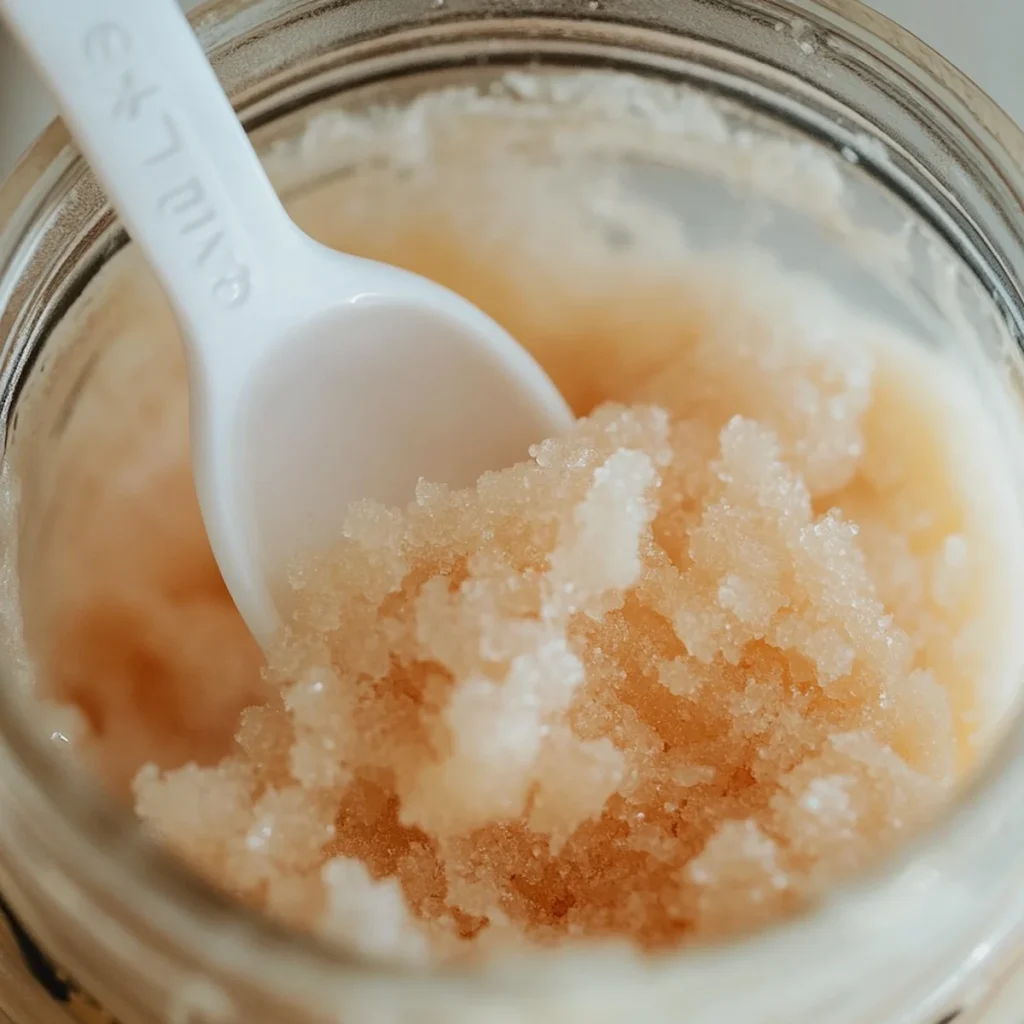While some DIY treatments can offer mild improvements, most lack the clinical evidence or potency required for significant results.
Scars tell a story, whether the result of an accident, surgery, acne, or other skin conditions. Many people seek ways to minimize their appearance, often turning to DIY scar treatments as a cost-effective and accessible option. But how effective are these remedies? A dermatologist’s perspective can help clarify the myths and realities of at-home scar treatments.
If you’re unsure where to start or want professional guidance, our
St. Louis Dermatology & Cosmetic Surgery team is here to help. We offer personalized consultations and cutting-edge treatments to help you achieve smoother, more confident skin.

Understanding Scars
Before diving into treatments, it’s essential to understand what scars are and how they form. Scars are part of the skin’s natural healing process after injury. They form when the dermis (the second layer of skin) is damaged. The body produces collagen fibers to repair the damage, often leading to scar tissue that looks and feels different from the surrounding skin.
The type of scar depends on the injury and individual healing response:
- Hypertrophic scars: Raised but confined to the original wound site.
- Keloid scars: Raised and extend beyond the wound site.
- Atrophic scars: Depressed or sunken, often seen with acne or chickenpox.
- Contracture scars: Tight and may impair movement, often seen in burn injuries.
Popular DIY Scar Treatments
Many DIY remedies promise to reduce the appearance of scars, but their efficacy varies. Here’s a breakdown of common approaches:
- Natural Oils and Extracts
- Coconut oil, olive oil, and vitamin E oil: Believed to hydrate and improve scar elasticity.
- Aloe vera: Known for its anti-inflammatory and soothing properties.
- Rosehip oil: Rich in vitamins A and C, thought to promote skin regeneration.
- Dermatologist’s View: While these ingredients may help moisturize the skin and slightly improve texture over time, there’s limited scientific evidence that they significantly reduce scar appearance. Overusing oils like vitamin E can sometimes irritate the skin, making scars worse.
- Honey
- Honey, especially raw or manuka honey, is touted as a natural wound healer and scar minimizer.
- Dermatologist’s View: Honey has antimicrobial properties and can help keep wounds moist during the healing process, potentially reducing scar formation. However, its effect on existing scars is minimal.
- Honey, especially raw or manuka honey, is touted as a natural wound healer and scar minimizer.
- Lemon Juice
- Lemon juice is often used for its natural exfoliating properties and the belief that it lightens scars.
- Dermatologist’s View: Lemon juice can be harsh on the skin, especially for sensitive individuals. It may cause irritation or increase photosensitivity, leading to more pigmentation issues.
- Lemon juice is often used for its natural exfoliating properties and the belief that it lightens scars.
- Baking Soda
- As an exfoliant, baking soda can smooth skin texture and reduce scars.
- Dermatologist’s View: Baking soda is too abrasive for scar treatment and can disrupt the skin’s natural barrier, potentially causing irritation or dryness.
- As an exfoliant, baking soda can smooth skin texture and reduce scars.
- Silicone Sheets and Gels
- Silicone-based products are available over-the-counter and are commonly used for scars.
- Dermatologist’s View: This is one DIY option backed by science. Silicone helps flatten and soften raised scars and can reduce redness. It is especially effective for hypertrophic and keloid scars when used consistently.
- Silicone-based products are available over-the-counter and are commonly used for scars.
The Science Behind Scar Healing
Scar treatment effectiveness largely depends on the scar type, age, and individual skin characteristics. While some DIY treatments can offer mild improvements, most lack the clinical evidence or potency required for significant results. For example:
- Moisturization: Hydrated scars heal better, but hydration alone won’t make scars disappear.
- Exfoliation: Removing dead skin cells can slightly improve texture but won’t alter deeper scar tissue.
When to Seek Professional Treatments
For noticeable or bothersome scars, dermatologists offer evidence-based treatments that deliver more consistent and effective results:
- Laser Therapy: Reduces redness and improves texture.
- Microneedling: Stimulates collagen production for atrophic scars.
- Chemical Peels: Improves the appearance of shallow scars.
- Steroid Injections: Used for raised scars like keloids.
- Surgical Revision: Removes or reshapes deep scars.
- Topical Prescriptions: Creams with retinoids or hydroquinone for pigmentation issues.
Pros and Cons of DIY Scar Treatments
| DIY Treatments | Advantages | Disadvantages |
|---|---|---|
| Affordable | No costly procedures or clinic visits required. | Results are usually subtle and take time. |
| Convenient | Easily accessible ingredients from home or local stores. | Risk of irritation or adverse reactions (e.g., lemon juice, baking soda). |
| Low-risk (when mild) | Gentle options like aloe vera or honey are unlikely to cause harm. | Often lack scientific backing for efficacy. |
So, Are DIY Scar Treatments Effective?
DIY scar treatments may provide minimal improvements, particularly for newer scars. They can complement professional treatments but should not be relied upon as a solution for significant scars. Consulting a dermatologist ensures access to evidence-based treatments tailored to your scar type and skin.
Contact St Louis Dermatology & Cosmetic Surgery Today!
If you’re unsure where to start or want professional guidance, our St. Louis Dermatology & Cosmetic Surgery team is here to help. We offer personalized consultations and cutting-edge treatments to help you achieve smoother, more confident skin.
GET IN TOUCH

